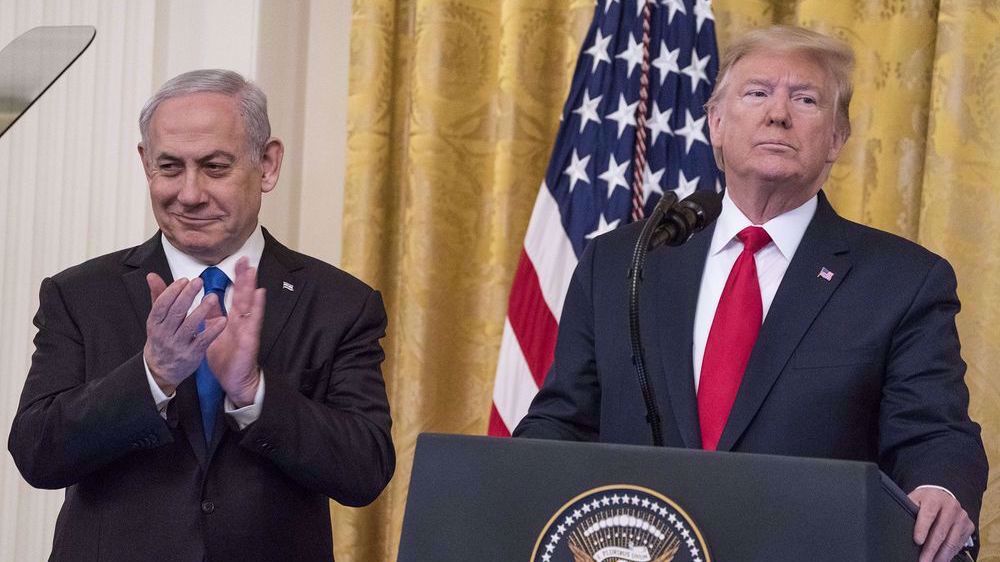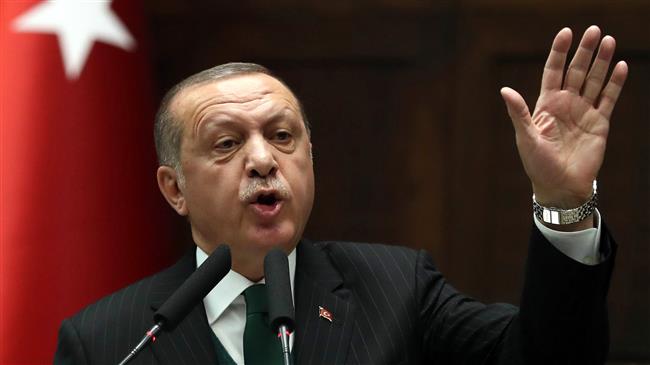"Turkey could retaliate US tariffs with duties on cotton"
Global backlash against US planned steel tariffs and aluminum imports continue to pour in. In the latest reaction, chief economic adviser of Turkish President Tayyip Erdogan's has said his country could retaliate against the tariffs by increasing duties on imports of American cotton.
In an article published in the daily Milliyet on Tuesday, Cemil Ertem wrote: “The countries, Turkey in particular, that will be affected by the US decision to raise taxes are now preparing to retaliate through alternative products. For Turkey, that means cotton.”
He did not however say how much of a tariff on cotton, Ankara is considering.
Earlier, Turkey’s Economy Ministry announced it had spoken to the EU Trade Commissioner Cecilia Malstrom about the issue, adding the commissioner agreed to cooperate on the issue with Turkey in the World Trade Organization (WTO).
Based on reports by the Turkish Statistical Institute, Turkey, home to a major textile industry and companies, imported $519mn worth of US cotton in 2016. Meanwhile, “US cotton accounted for 42 percent of Turkey’s total imports last year,” the report added.

"Turkey is the world's eighth-largest steel producer and the sixth-largest exporter to the US. Last year, Turkey’s exports of steel to the US amounted to $1.1bn," according to Reuter.
Turkey is not the only country which is seeking for a retaliatory measure against the US administration’s planned steel and aluminum tariffs.
European officials have already threatened to adopt some counter-measures on some American companies.
Meanwhile, China has warned the planned tariffs could trigger a new trade war with the US and it would not sit idly by if its economy is hurt.
US trading partners including the International Monetary Fund (IMF) and the WTO have also slammed the US for the move.
The chief executive of German car manufacturer BMW said US Tariffs on car imports would hurt jobs in the world's
second-largest car market, if implemented.
Even in the US, the announcement of new tariffs by President Donald Trump last week has sparked harsh reactions.
Growing domestic pressure from both political and economic camps are gaining momentum urging Trump to pull back from the proposed tariffs. He, however, has explicitly announced that will not back down.

Moving against global tide, Israel eliminates all tariffs on US goods

OPEC+ to raise output for first time since 2022: Report

Oil prices climb despite trade war concerns
At least 65 Palestinians killed inside Israeli prisons
VIDEO | US deadly aggression vs Yemen
Iran denies US investors will be present in its trade fair
Israeli forces kill three Palestinians in intensified West Bank raids
VIDEO | Press TV's news headlines
Nearly 600 children killed in renewed Israeli assault on Gaza: UN agency
Moroccan port workers protest Maersk ship carrying F-35 parts to Israel
Iran will ‘chart its own path’ if US refuses to negotiate on ‘equal footing’: President







 This makes it easy to access the Press TV website
This makes it easy to access the Press TV website